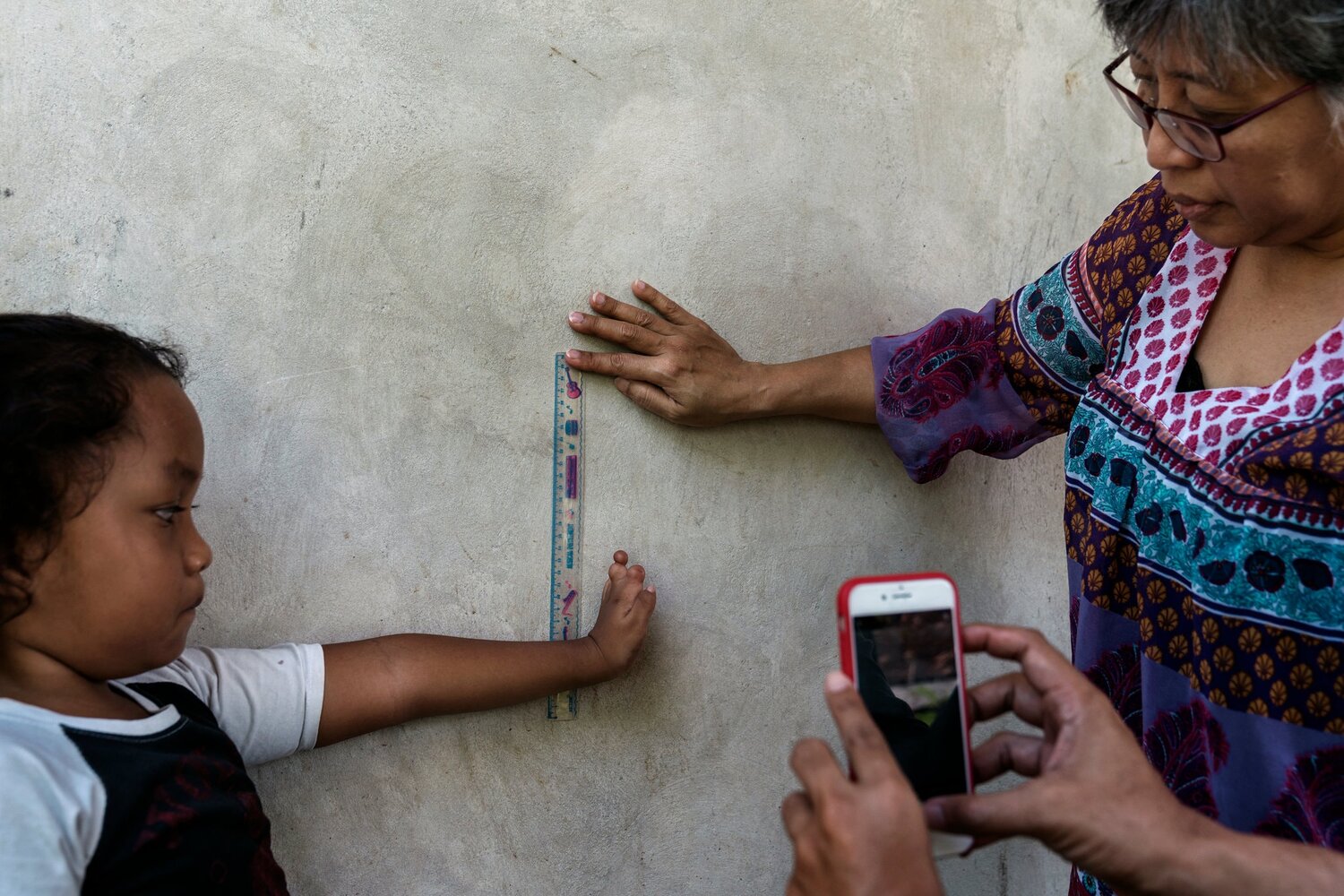By Caelen Burand
In Indonesia miners flock to the island of Sumbawa in the hopes of accessing a stable income. They search for gold as a means to escape poverty and trade their health in to obtain it. A simple longing to earn a living traps these miners in the disastrous use of mercury in gold refinement.
The land these artisanal miners operate on was previously leased to large mining companies. But these artisanal miners believe they have a right to mine the land. In response, local police and the large mining companies attempt to remove the miners daily. While the authorities believe they are aiding the miners, the results are the entrenchment of a humanitarian crisis. Instead of helping the miners to move toward safer methods of gold extraction or alternative jobs, miners are pushed deeper into the jungle and toxic refinement processes. Lacking a viable alternative to mercury, poisoning themselves for a wage is their only option.
As reported in the New York Times a bizarre reflection of this infrastructure failure is seen in local miner’s questionable displays of mercury’s safety such as the miners reportedly drinking the substance to show others the lack of immediate consequences.
While lacking immediate harm, mercury poisoning leads to long term neurological catastrophe through Minamata disease in adults. Particularly harmed are unborn infants who suffer from finger and toe disfiguration due to their parent’s exposure to the neurotoxin. In addition, the bioaccumulation of mercury throughout the region causes local food and water resources to become toxic.
The continual failure to establish a government ban on mercury, more education for artisanal miners, a viable mercury alternative, are all leading to the humanitarian disaster of mercury’s usage throughout the mining camps of Taliwang.
Please support Mercury Free Mining today and help us find an alternative to mercury for artisanal miners throughout the world.
Click here to learn how you can help.

Image from the New York Times, Adam Dean.
